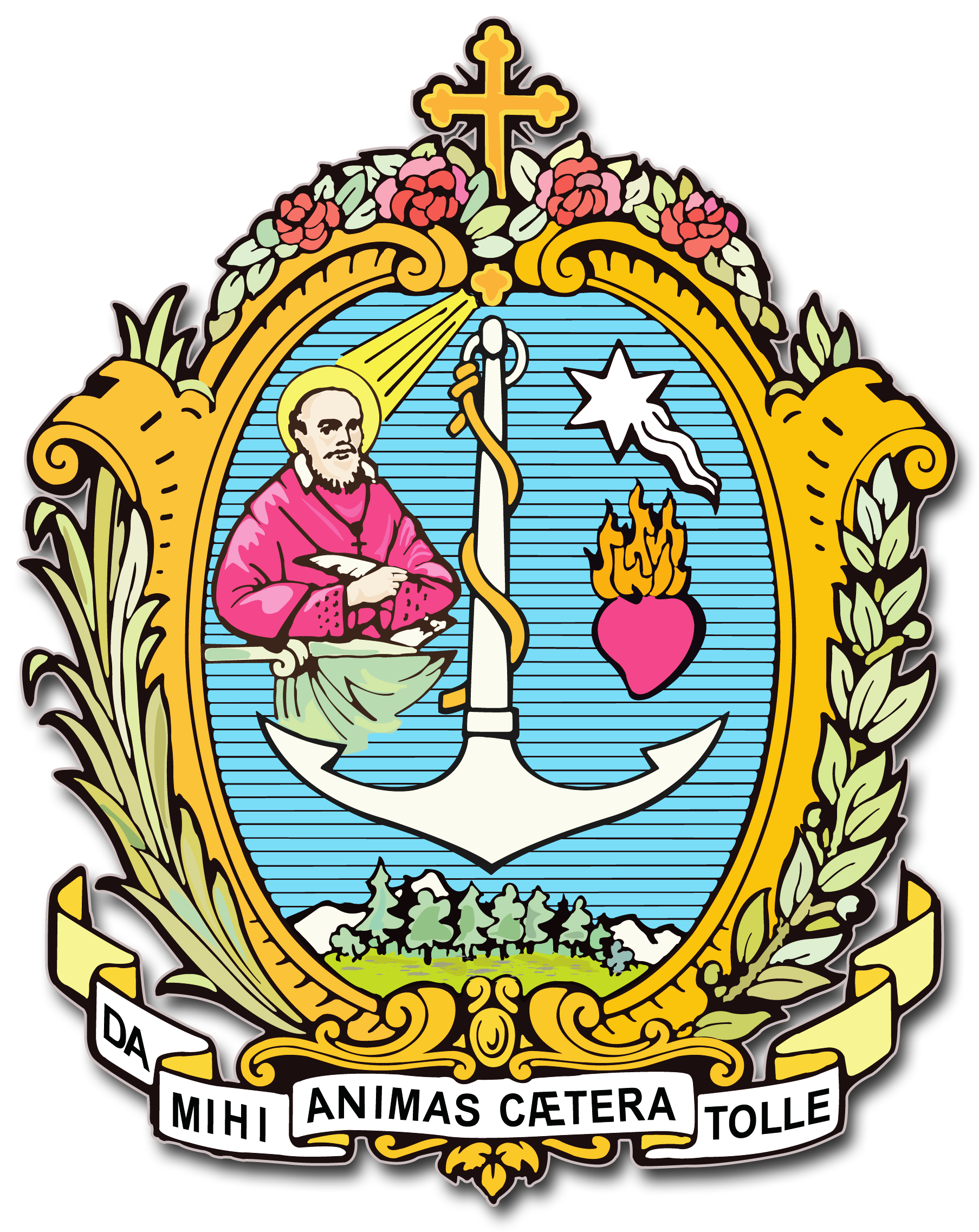BLESSEDS FRANCISZEK KEŞY AND THE 4 YOUNG MEN
German occupied Poznan
The 1st September 1939 Hitler invaded Poland, beginning the Second World War. The Salesian House in Poznan in Wroniecka Street was occupied and turned into a barracks for German soldiers. The young people continued gathering in the woods outside the city as well as in the city gardens.
Accused
A number of secret societies came into being. In September 1940 Francis Kesy and four companions from the oratory were arrested and accused of belonging to an illegal organisation.
Convicted
They were taken to the fearful Fort VII near Poznan, where they were tortured and interrogated. Following this they were taken to various other prisons where they were not always lucky enough to be together. Taken back to Poznan they were processed, accused of High Treason and condemned to death.
Faith expressed in prison life
They were martyred at Dresda on the 24th August 1942. They went to prison in a spirit of faith and living out their Salesian spirituality. They prayed constantly: rosary, novenas to Don Bosco and Mary Help of Christians, morning and evening prayer. The tried to stay in contact with their families through messages they often succeeded in sending secretly.
Credible witnesses until the end
They gave them courage, asked for their prayers and assured them they would pray for them,. When it was possible they celebrated liturgical feasts happily in their cell. Their faith never wavered. They remained credible witnesses until the end.
THE FIVE YOUNG MEN
Franciszek Kesy
Francis Kesy was born in Berlin on the 13th November 1920. The family moved to Poznan for the father’s work. Francis was an aspirant at the Salesian minor seminary in Lad.
During the occupation, unable to continue his studies, he got work in a local industry. He spent his free time at the Oratory, where, in a close friendship of ideals with the other four, he led youth groups and activities.
People recall that he was sensitive, but at the same time happy, quiet, and good person, and was always ready to help others. Almost every day he went to communion; he said the rosary of an evening. “At Wronki, since I was alone in my cell” he wrote in a message to his family “I had time to think about myself. I promised to live differently, like Don Bosco told us, living to please the Lord and his Mother, Mary most holy. …I pray to the good God that all this tribulations will affect me and not you”.
Edward Klinik
Edward Klinik was born in Bochum the 21st June 1919, timid and quiet, became much livelier once he came to the oratory. He was a systematic kind of student, responsible.
He stood out for being much involved in all kinds of activity, and gave the impression of being the more serious and deeper thinker of the group.
Jarogniew Wojciechowski
Jarogniew Wojciechowski was born in Poznan the 5th November 1922, was thoughtful, and would try to get an overall view of things to try to understand events. He was a leader in the best sense of the term. He stood out for his good humour, involvement and witness.
Czeslaw Jozwiak
Czeslaw Jozwiak was born in Lazynie, the 7th September 1919, could be hot-tempered, but spontaneous, full of energy, in control of himself, ready for sacrifice, consistent and positive. He aspired to Christian perfection and progress in it.
One of his prison mates wrote: “He had a good character and heart, and a soul like crystal... He confided in me concerning one of his worries: never to commit any kind of impurity”.
Edward Kazmierski
Edward Kazmierski was born in Poznan on the 1st October 1919, was known for seriousness, prudence, goodness. He was able to develop his musical talent at the oratory. The religious life of the family and when he was with the Salesians soon gave him a certain maturity. In prison he showed great love towards his older companions. He was free of any hatred for those who were persecuting him.
cr. http://www.sdb.org/en/salesian-saints/172-blesseds/635-kesy-franciszek-e-4-compagni
